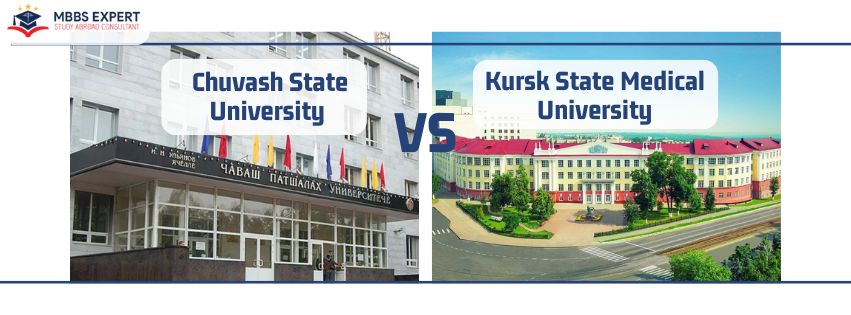Study MBBS at Ingush State University, Russia – Your Gateway to an Affordable Medical Education…
Clinical Training and Internships for MBBS Students at Tajik National University
![]()
Clinical Training and Internships for MBBS Students at Tajik National University
Embarking on a journey to become a medical professional involves rigorous academic preparation complemented by hands-on clinical training. For aspiring doctors pursuing their MBBS at Tajik National University, the path to medical expertise is enriched by a robust framework of clinical training and internships.
Understanding the Curriculum
At Tajik National University, the MBBS curriculum is meticulously designed to blend theoretical knowledge with practical application from the early years of study. This holistic approach ensures that students not only grasp foundational medical sciences but also start applying their learning in clinical settings under supervision.
Structured Clinical Rotations
One of the hallmarks of medical education at Tajik National University is its structured clinical rotations. These rotations are strategically planned to expose students to various medical specialties, including internal medicine, surgery, pediatrics, obstetrics, and gynecology, among others. Each rotation typically spans several weeks to months, allowing students to immerse themselves in the clinical environment and gain practical skills.
Hands-On Learning Experience
During their clinical rotations, MBBS students actively participate in patient care under the guidance of experienced medical professionals. This hands-on approach not only hones their diagnostic and treatment skills but also instills crucial attributes like empathy, effective communication, and teamwork—essential qualities for any healthcare provider.
Supervised Internships
As students progress through their medical education, they transition into supervised internships, marking a pivotal phase in their training. Internships provide an opportunity for students to consolidate their knowledge and skills in real-world healthcare settings. Under the mentorship of senior physicians, interns take on more responsibilities, including patient management, procedural skills, and clinical decision-making.
Integration of Theoretical and Practical Knowledge
The integration of theoretical learning with practical experience is a cornerstone of the MBBS program at Tajik National University. This approach ensures that students not only understand medical concepts in classrooms but also apply them effectively in diagnosing and treating patients. Such integration prepares them comprehensively for the challenges and responsibilities of medical practice.
Enhancing Professional Competence
Beyond technical proficiency, Tajik National University emphasizes the development of professional competence among its MBBS graduates. Clinical training and internships foster critical thinking, ethical reasoning, and a patient-centered approach to healthcare—qualities that are indispensable for delivering quality medical care.
Preparation for Future Careers
The comprehensive clinical training and internships at Tajik National University are designed to equip MBBS graduates with the skills and confidence to embark on successful medical careers. Whether pursuing further specialization or entering practice immediately after graduation, students are well-prepared to meet the demands of modern healthcare systems.
Continuation:
Supportive Learning Environment
The supportive learning environment at Tajik National University further enhances the effectiveness of clinical training and internships. Faculty members are not only experts in their respective fields but also mentors who guide and inspire students throughout their medical education journey. This mentorship fosters a nurturing atmosphere where students feel encouraged to ask questions, seek guidance, and continually improve their skills.
Research Opportunities
Beyond clinical practice, Tajik National University encourages students to engage in medical research during their internships. This exposure to research methodologies and scientific inquiry not only broadens students’ understanding of healthcare challenges but also prepares them to contribute to medical advancements in the future. Research experiences complement clinical training by fostering critical thinking and evidence-based decision-making skills.
Global Perspective
The MBBS program at Tajik National University also offers students a global perspective through international collaborations and exchange programs. These initiatives provide opportunities for students to learn from diverse healthcare systems, cultural practices, and medical challenges worldwide. Such exposure enriches their education and prepares them to practice medicine in multicultural settings with sensitivity and adaptability.
Conclusion:
In conclusion, the clinical training and internships for MBBS students at Tajik National University are pivotal components of a comprehensive medical education. By emphasizing practical experience, professional development, and research opportunities, the university equips students with the knowledge, skills, and ethical foundation needed for successful medical careers. Graduates emerge not only as competent healthcare providers but also as compassionate advocates for patient well-being and contributors to medical innovation.
For aspiring medical professionals seeking a transformative educational experience that blends academic rigor with hands-on training, Tajik National University stands as a beacon of excellence. Its commitment to clinical excellence ensures that graduates are well-prepared to address the healthcare challenges of today and tomorrow, making a meaningful difference in the lives of patients and communities worldwide.





